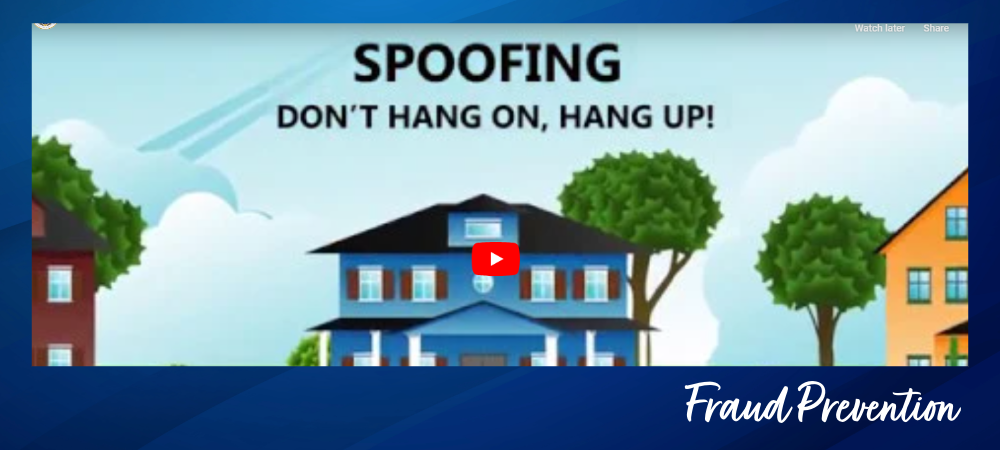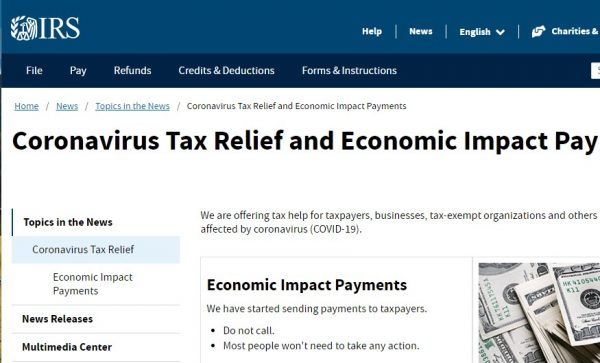As with many local financial institutions, we are hearing increasing reports of fraudulent phone calls and text messages claiming to be from Mid Oregon..
Many of these calls even display accurate Mid Oregon phone numbers on caller ID. Scammers try to convince members that fraud is happening on their accounts and ask them to provide passwords, login information, card numbers, and even PIN numbers.
To help you avoid falling victim to these scams, we will discuss spoofing, provide prevention tips, and explain what to do if you suspect you have been scammed.
Please remember that Mid Oregon will NEVER ask you for your Digital Banking login credentials and passwords, PINs, SSNs, or credit and debit card numbers. If you receive one of these calls or messages, contact Mid Oregon at 541-382-1795. (DO NOT click on links in text messages!). More details on our Fraud Prevention page.
What Is Spoofing?
Spoofing is when a caller deliberately falsifies the information transmitted to your caller ID display to disguise their identity. Scammers often use “local “neighbor” spoofing so it appears that the call is coming from a local number, or spoof a number from a company that you may already know and trust. If you answer, they use scam scripts to try to steal your money or valuable personal information.
How to avoid spoofing?
- It can be difficult to distinguish a spoofed call from a genuine one. Be extremely careful about responding to any request for personal identifying information (watch video).
- It is best not to answer calls from unknown numbers. If you do pick up such a call, hang up immediately. If you receive a call from a person or bot that asks you to press a button to stop getting phone calls, it’s a good idea to hang up. Scammers often use this trick to identify potential victims.
- Let it go to voicemail. If you have a voicemail account, set a password to protect it. Some voicemail services allow anyone who calls from your phone number to access your voicemail, so it’s essential to set up a password to prevent hackers from gaining access.
- Do not answer any questions, especially those that can be answered with “Yes” or “No.”
Under no circumstances should you provide personal information, such as account numbers, Social Security numbers, mother’s maiden names, passwords, or any other identifying information, in response to an unexpected call or if you are even slightly suspicious. If you receive one of these calls or messages from Mid Oregon, please contact us immediately at 541-382-1795. (DO NOT click on links in text messages!).
- If someone claims to represent a company or a government agency calls you, hang up and call the phone number on your account statementor on the company’s or government agency’s website to verify the authenticity of the request. Legitimate sources generally send written statements before calling, particularly if the caller is requesting a payment.
- Be cautious if the person on the phone pressures you for information immediately.
- Talk to your phone company about call-blocking tools and investigate apps that you can download to your mobile device. The FCC allows phone companies to block robocalls by default based on reasonable analytics. You can learn more about robocall blocking at fcc.gov/robocalls.
How do I report suspected spoofing?
If you suspect your caller ID information has been falsified, you can file a complaint with the FCC:
▪ Online at https://consumercomplaints.fcc.gov.
▪ By phone: 1-888-CALL-FCC (1-888-225-5322); TTY: 1-888-TELL-FCC (1-888-835-5322); ASL: 1-844-432-2275.





